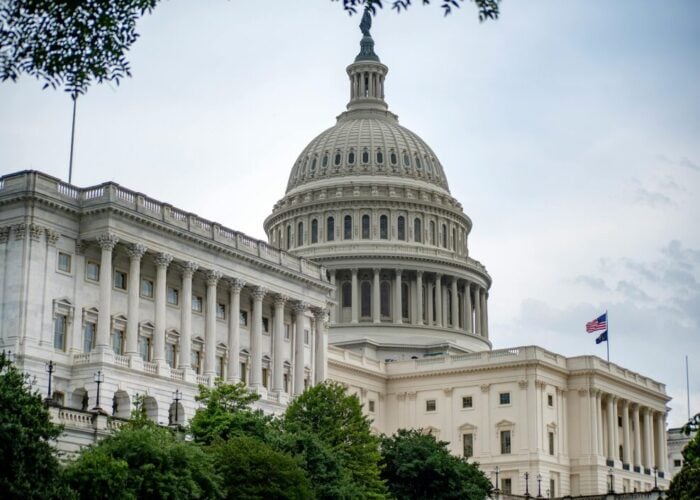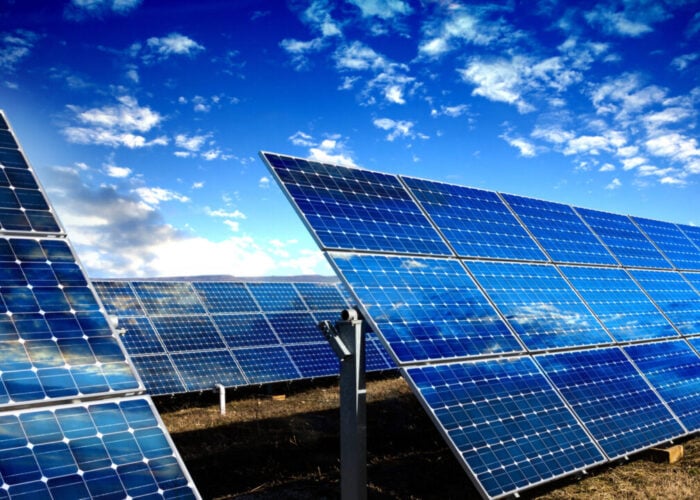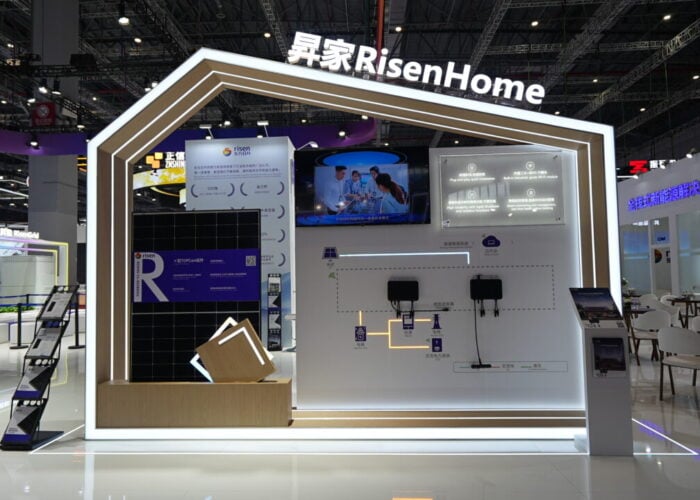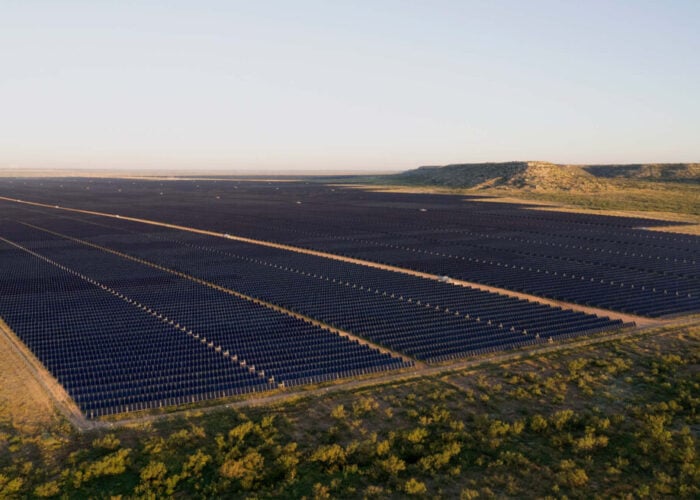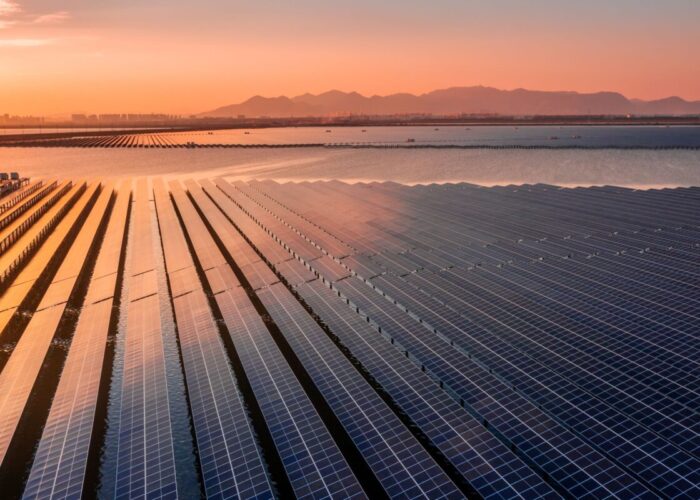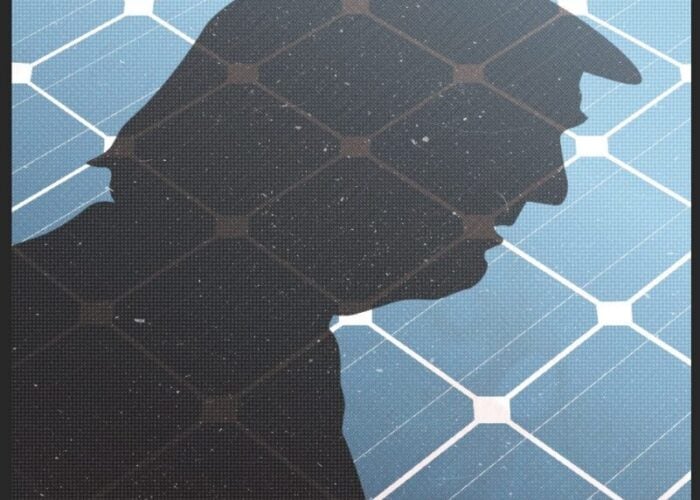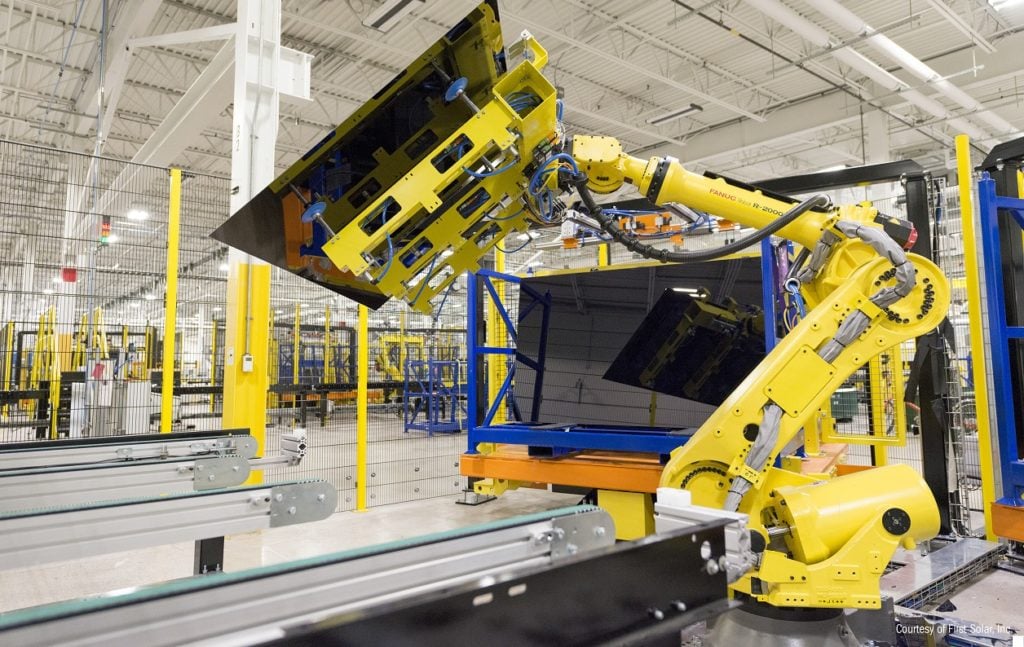
The World Trade Organization (WTO) has agreed to establish a dispute panel to rule on how compatible certain tax credits under the US Inflation Reduction Act (IRA) are with WTO rules, following a second request by China.
The tax credits under scrutiny include the Clean Vehicle Credit and the Renewable Energy Tax Credits, which includes the Investment Tax Credit for Energy Property; the Clean Electricity Investment Tax Credit; the Production Tax Credit for Electricity from Renewables; and the Clean Electricity Production Tax Credit.
Unlock unlimited access for 12 whole months of distinctive global analysis
Photovoltaics International is now included.
- Regular insight and analysis of the industry’s biggest developments
- In-depth interviews with the industry’s leading figures
- Unlimited digital access to the PV Tech Power journal catalogue
- Unlimited digital access to the Photovoltaics International journal catalogue
- Access to more than 1,000 technical papers
- Discounts on Solar Media’s portfolio of events, in-person and virtual
China said consultations held on 7 May with the US failed to resolve the dispute, thus prompting China’s request for a panel. The US said it was not in a position to agree to China’s first request, made in July, claiming that its actions were justified considering the necessity of combatting climate change.
In a JULY WTO release, the US said: “China’s complaint is a regrettable attempt to prevent progress on these critical issues, to entrench reliance on China’s non-market excess capacity, and to undermine the broader interests of all WTO members.
“It is hypocritical for China to target the US measures in this dispute while failing to address its industrial targeting of clean energy sectors and its use of non-market policies and practices that are detrimental to all members. China’s approach has created an untenable situation for governments seeking to meet their climate, resiliency and other legitimate policy objectives; for these reasons, the US said it does not agree to the establishment of the panel requested by China.”
China responded by saying that WTO rules have a valuable role to play in combatting climate change but that this could only be achieved if the rules are applied in a fair and non-discriminatory way. China pressed the issue further by submitting a second request stating that certain IRA subsidies favour US goods over imports or discriminate against goods of Chinese origin and therefore violate WTO rules.
The US then expressed disappointment at China’s decision to continue the dispute and reaffirmed that the IRA is its most significant move to encourage renewable energy, whilst also ensuring secure and sustainable supply chains for the world’s future clean energy ambitions.
Nonetheless, the WTO’s Dispute Settlement Body (DSB) confirmed the decision to establish the panel at a meeting today. A total of 17 countries, as well as the European Union, reserved their third party rights to participate in the panel proceedings.
Back in July, China had highlighted that the IRA is likely the single largest subsidy measure ever enacted, with official estimates of the current climate-related provisions of the IRA placed its value at US$393 billion, while others have estimated the value of the subsidies will exceed US$1 trillion.
It was also noted that many WTO members, including China, have already raised concerns on various occasions about this level of subsidisation and its trade distorting effects.
PV Tech Premium has covered the seismic impact of Clean Energy tax credits under the IRA, and the policy has led to a flurry of new domestic PV manufacturing ventures and expansions. It has attracted new investors in both upstream and downstream markets.
Just last week, the US finalised Section 301 tariffs, proposing a 50% duty on wafers and polysilicon.

